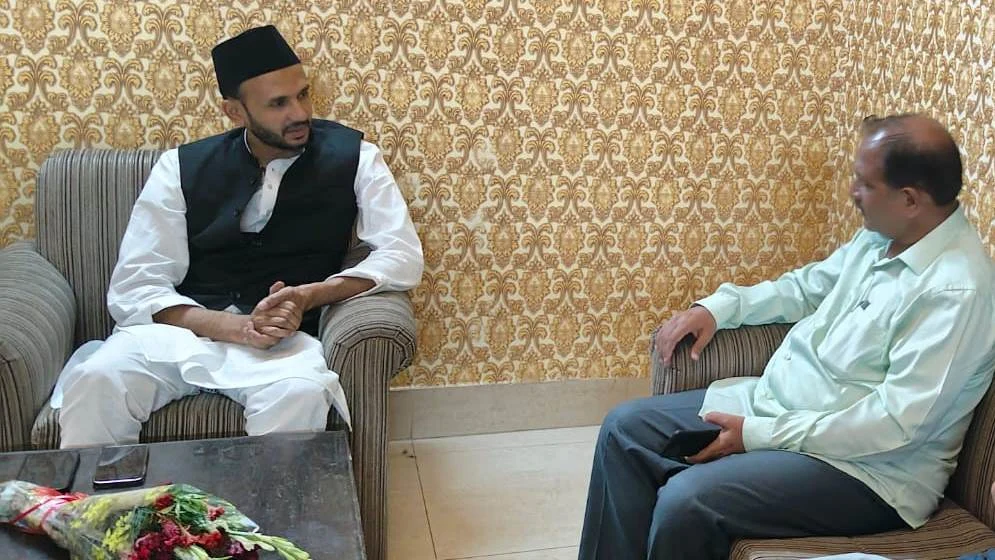Zia Ur Rahman Barq, previously a member of the 18th Uttar Pradesh Assembly from Kundarki and now a Member of Parliament from Sambhal, is a prominent figure of the Samajwadi Party. Grandson of former MP Shafiqur Rahman Barq and son of Mamluk Ur Rahman Barq, Zia has a rich political heritage. In an interview with Mohd Naushad Khan, he elaborates on his victory, challenges ahead, and his commitment to his constituency and national issues. Excerpts:
Q: What was the major factor in your decisive victory?
A: I am deeply grateful to the Almighty for my significant victory, which I attribute to the selfless work of my grandfather. His dedication to serving people irrespective of caste, religion, or class played a crucial role. Additionally, the policies and social engineering of our leader Akhilesh Yadavji were significant factors. I sincerely thank the people of my constituency for their faith in me.
Q: As an MP, what do you think are the challenges before you, and how would you address them?
A: Challenges are a constant, whether as an MP or in any other role. Life is full of challenges that teach us valuable lessons. I’ve learned a great deal from my grandfather, Shafiqur Rahman Barq, about tackling challenges. I will face these challenges head-on, always within the law and the Constitution, striving to help the people of my constituency and country.
Q: What are your short-term and long-term plans for your constituency?
A: Initially, I had numerous plans for the welfare of the people, contingent on forming the government. Even in opposition, we will exert pressure on the government to ensure developmental work in the constituency. Our strategy will adapt to the limitations of not being in power.
Q: As this parliamentary session has ended, what issues would you like to raise in future sessions?
A: I will focus on both constituency-specific and broader community and national issues. Being part of Parliament, the country’s largest panchayat, we will address issues relevant to our constituency, state, and nation. We will not shy away from raising pressing issues.
Q: There are reports of violence and mob lynching post-election. How do you respond to this?
A: This session was largely introductory. Despite incidents of violence and mob lynching, which we strongly condemn, we are committed to fighting against such atrocities, from Parliament to the streets. Our leader Akhilesh Yadavji and I personally investigated an incident in Aligarh and will continue to oppose such violence.
Q: Controversies are often raised against madrasas. What’s your take on these controversies?
A: Since the BJP came to power, not just madrasas but the entire Muslim community has been targeted. Despite the opportunity to migrate to Pakistan during the Partition, our elders chose to stay in India, contributing to its Independence. We will protect our country and Constitution, striving for equal rights and resisting any authoritarian moves.
Q: As an AMU alumnus, what is your stance on its minority character, given that the Supreme Court has reserved its verdict?
A: The minority character is AMU’s rightful status. Established by Sir Syed Ahmad Khan, AMU’s minority character should be upheld. I fought for this during my tenure in the AMU Students’ Union and hope the Supreme Court will decide in favor of recognizing AMU as a minority institution.


